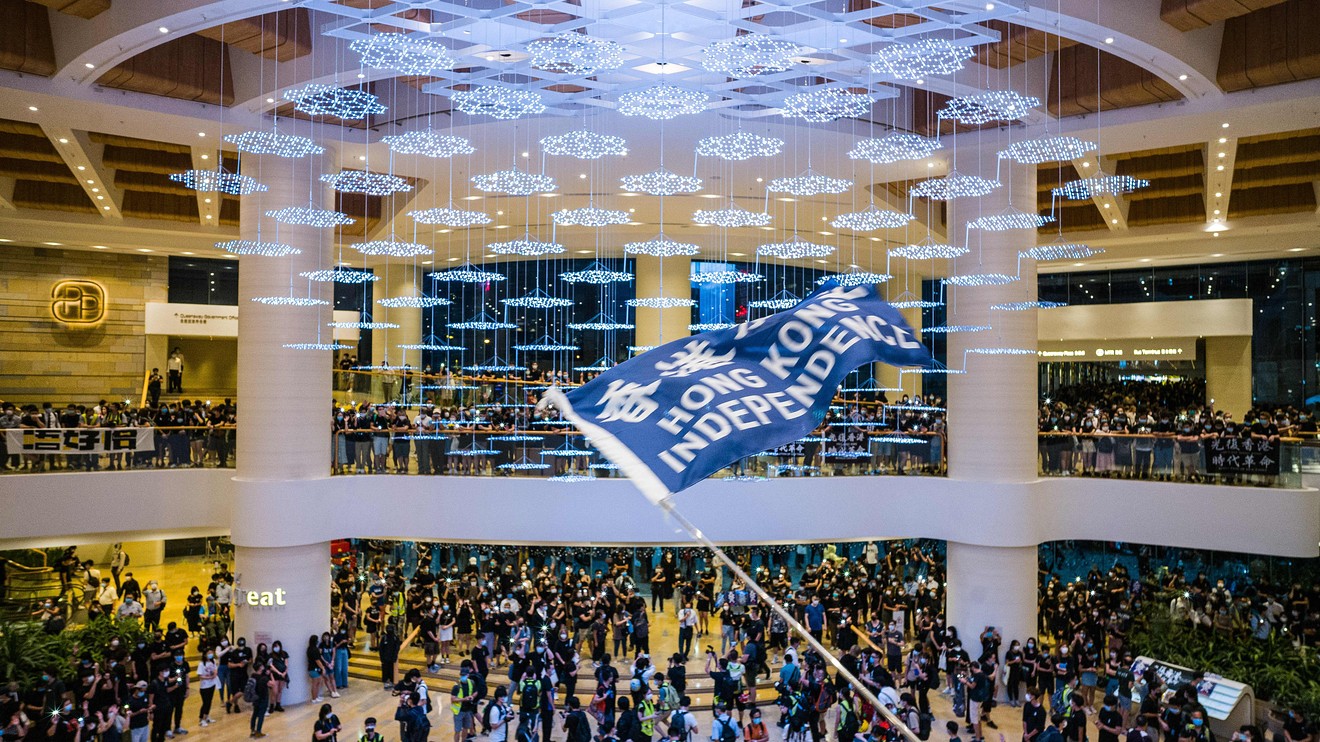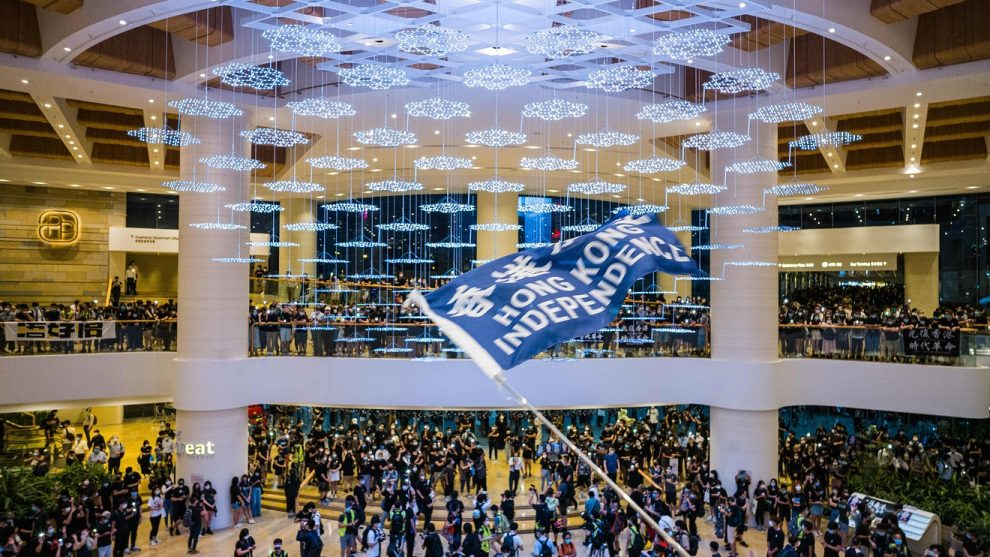
With America distracted by the COVID-19 recession, the failure of a reform government in Minnesota to stem police violence against minorities, President Donald Trump’s blundering responses to both challenges, and presumptive Democratic nominee’s Joe Biden failure to articulate alternative paths, Chinese President Xi Jinping is repressing rebellious Hong Kong and perhaps proving Mao Tse-tung’s assertion that America is a “paper tiger.”
When China took control of Hong Kong from the United Kingdom in 1997, it agreed to permit the city-state home rule and to continue its market economy for 50 years — the two systems, one country solution.
After months of demonstrations against Beijing’s attempts to erode Hong Kong’s political autonomy, the Chinese Legislature is imposing a national-security law that effectively curtails free speech and other civil liberties and establishes that Beijing can impose whatever laws it pleases in Hong Kong It will permit mainland China’s security agencies to police Hong Kong, and has refused to permit the annual candlelight vigil that commemorates the 1989 Tiananmen Square massacre.
Also read:Trump says he held off on China sanctions because of trade deal: report
U.S. Secretary of State Mike Pompeo declared the United States will no longer treat Hong Kong as an autonomous territory. This would enable the administration to impose the same tariffs on Hong Kong’s exports into the United States as it does mainland exports and to restrict exports of U.S. sensitive high-tech products.
With the United States enjoying a large trade surplus with Hong Kong, involving the city-state in a trade war with mainland China would penalize American businesses more than Hong Kong and have no real consequences for competition in high-tech products with the mainland’s national champions.
The administration has not much acted beyond Pompeo’s declaration, but it could accomplish real results by jointly sanctioning Hong Kong and Chinese banks.
Chinese banks have assets of more than $1 trillion dollars in Hong Kong banks and do much of their global business through the city, because their mainland operations are burdened by Chinese capital controls.
Denying access to the international dollar transactions system controlled by U.S. commercial banks and the Federal Reserve to Hong Kong banks, mainland banks doing business with Hong Kong banks, and other foreign banks doing business with those two sets of entities would strike a terrible blow on Beijing’s soft power and its coronavirus-impaired economy.
China needs access to the dollar’s international plumbing system to finance its Belt and Road initiative. More than 70% of its international trade and a substantial portion of China’s incoming and outgoing foreign investment go through Hong Kong’s financial system.
China has used the influence it welds through the Belt and Road initiative to pressure recipient nations to dampen criticism of its actions, and split the prosperous northern states and poorer Italy and Eastern European states.
Europe continues to vacillate. The Germans, French and others recognize the systemic challenge posed by China but want to continue exporting into its rich markets. They have responded weakly to China’s co-opting the World Health Organization and silence regarding Beijing’s lack of transparency regarding the coronavirus pandemic.
With Beijing’s power grab in Hong Kong, continental states issue weak statements of concern while seeking dialogue to constrain Chinese actions in the city-state and its broader efforts to establish tributary relationships with countries where Beijing pours aid.
The story repeats in other venues — WTO reform, former IMF Director and French Finance Minister Christine Lagarde assigning the yuan USDCNY, +0.04% reserve currency status when it is not even freely convertible or regarded as a safe asset like the yen USDJPY, +0.02% , euro EURUSD, +0.30% or pound USDGBP, -0.45% , and Germany’s efforts to enable Huawei’s buildout of 5G technology on the continent.
By sanctioning all foreign banks, not just Chinese financial institutions, that do business with Hong Kong and Chinese banks and corporate entities that enable Beijing’s oppression, the United States would force Deutsche Bank DB, -0.21% and BNP Paribas BNP, -0.14% , the largest banks in Germany and France, and their smaller brethren to make a choice—do business in New York or Shanghai.
It would put German Chancellor Angel Merkel and her colleagues on the continent on notice — it’s time to choose sides. They might not like Trump and his America First policies, but he is a transient figure — America is still America and Xi has revealed to the world his regime is a threat to the liberal international economic and political order.








